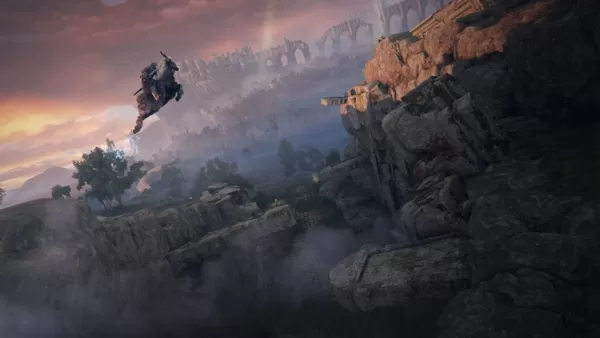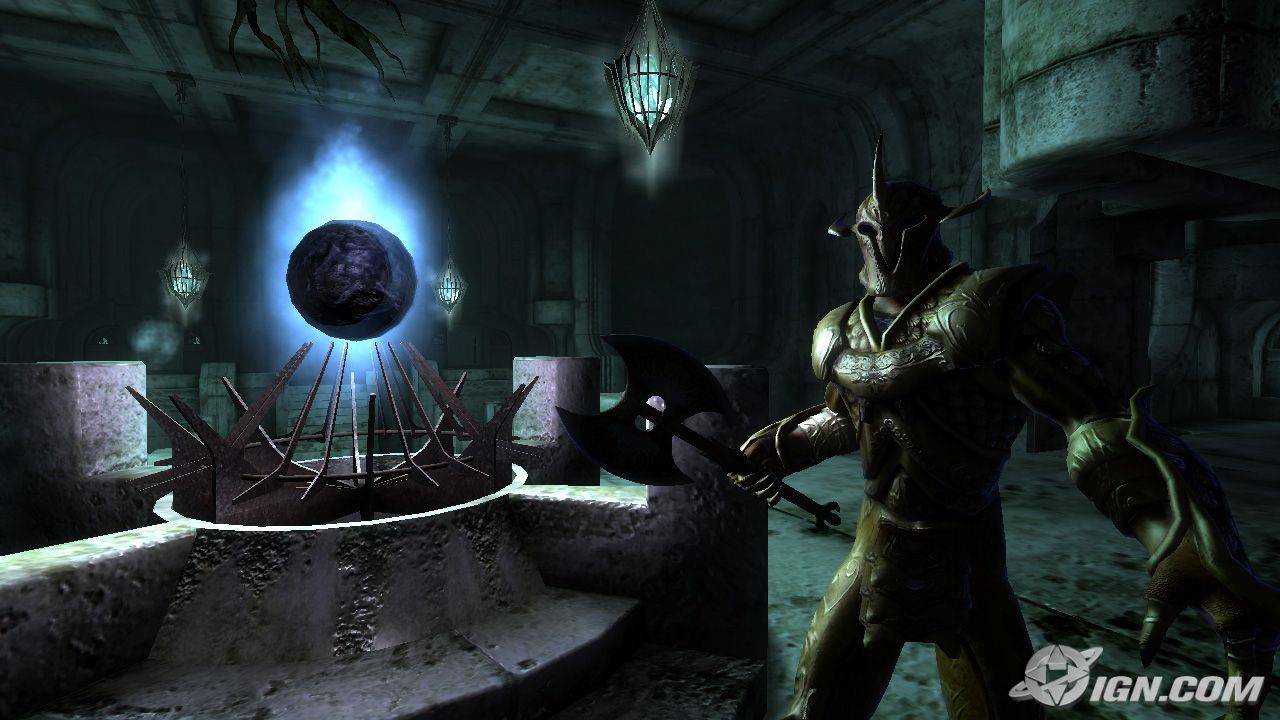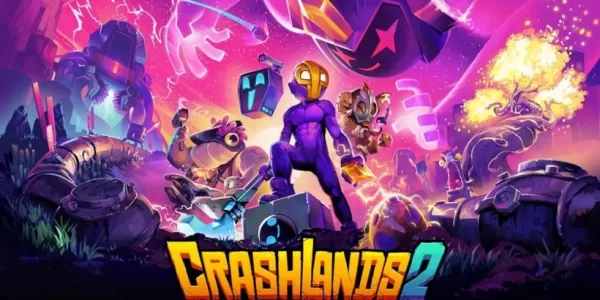Open-world games have traditionally been dominated by checklists, with maps cluttered with markers, mini-maps dictating every move, and objectives that often felt more like chores than adventures. However, the landscape of open-world gaming was forever altered with the arrival of *Elden Ring*. Developed by FromSoftware, this game discarded the conventional rulebook and eliminated the hand-holding approach, offering players a rare commodity: true freedom.
In collaboration with our partners at Eneba, we delve into the impact of *Elden Ring* on the genre and why it's a game-changer that deserves your attention.
A World That Doesn’t Beg for Your Attention
Unlike most open-world games that clamor for your focus with incessant pop-ups and reminders, *Elden Ring* takes a different approach—it whispers. It presents a vast, mysterious world and trusts you to explore it on your terms.
There are no intrusive UI elements demanding your attention; instead, your curiosity becomes your guide. If something on the horizon catches your eye, venture towards it. You might discover a hidden dungeon, a formidable weapon, or a monstrous boss eager to challenge you.
One of the standout features is the absence of level scaling. The world remains unyielding; it's up to you to adapt. If an area proves too daunting, you can return later or take on the challenge immediately. No one will stop you from confronting a dragon at level five with a broken sword, though the consequences might be fiery.
It’s never too late to explore the Lands Between, especially when you can find an *Elden Ring Steam key* at a surprisingly affordable price on Eneba.
Exploration Feels Like Discovery, Not a Checklist
In many open-world games, exploration often devolves into a race to complete tasks as efficiently as possible, akin to running errands. *Elden Ring* upends this notion entirely.
There’s no quest log directing your every move. NPCs communicate in enigmatic riddles, and distant landmarks beckon without explanation. The game never pauses to spell everything out for you.

While this might seem daunting, it's precisely what makes exploration so rewarding. Every cave, ruin, and fortress feels like a personal discovery. No one instructed you to venture there; you explored because your curiosity led you.
Moreover, unlike other games where loot can feel like a random drop, *Elden Ring* ensures that every reward is significant. Stumble upon a hidden cave, and you might emerge with a game-changing weapon or a spell that allows you to summon a literal meteor storm.
The Joy of Getting Lost (and Surviving)
In most games, getting lost is considered a setback. In *Elden Ring*, it's part of the thrill. You might take a wrong turn and find yourself in a poison swamp (a staple of FromSoftware games). Or you could wander into what seems like a peaceful village, only to be ambushed by grotesque creatures. These moments contribute to the world feeling vibrant and alive.
While the game doesn’t guide you by the hand, it does provide subtle clues. A statue might point towards an underground treasure, or a cryptic NPC could hint at a hidden boss. If you're attentive, the world gently nudges you without dictating your path.
Open-World Games Will Never Be the Same?
Following the release of *Elden Ring*, the future of open-world games has been irrevocably changed. FromSoftware demonstrated that players don't need constant guidance to enjoy an open world—they crave mystery, challenge, and the exhilaration of discovery. It's a lesson we hope other developers will heed.
If you're eager to immerse yourself in a world that not only encourages but demands exploration, digital marketplaces like Eneba offer fantastic deals on *Elden Ring* and other essential gaming titles. Your next adventure awaits, just a few clicks away.
 Home
Home  Navigation
Navigation






 Latest Articles
Latest Articles










 Latest Games
Latest Games












